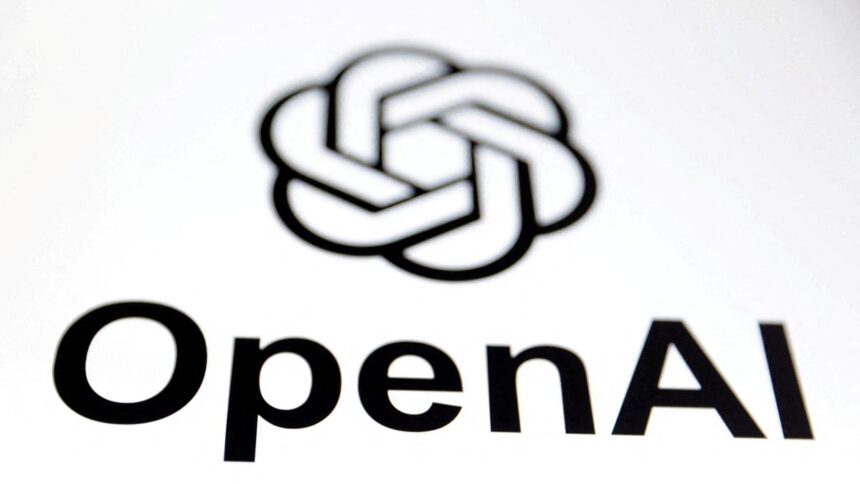[ad_1]

This is the first such case of copyright infringement by an Indian news media against OpenAI. File.
| Photo Credit: Reuters
The Delhi High Court on Tuesday (November 19, 2024) issued summons to OpenAI, which operates ChaptGPT, in a suit filed by news agency Asian News International (ANI) over use of its news content “without any license or permission”, by the advanced AI-powered chatbot to provide services to its users.
In its fresh lawsuit, ANI alleged OpenAI of unlawfully using it content to train the chatbot. It alleged OpenAI of unlawfully storing its content which are then used to train the Large Language Model (LLM) to generate results “extensively copy or closely summarise the Plaintiff’s (ANI) Works”.
Also read: Why has the government issued an AI advisory? | Explained
“These results reproduce the exclusive content and emulate even the manner of presentation of the Plaintiff’s Works without any authorisation. This clearly amounts to an infringement of copyright in the Plaintiff’s Works,” ANI said in its plea.
This is the first such case of copyright infringement by an Indian news media against OpenAI. In the United States, the artificial intelligence company is facing copyright cases filed by several U.S. newspapers including The New York Daily News and Chicago Tribune for alleging using copyrighted news articles to train their LLM without permission or payment.
ChatGPT was launched in November 2022, and has over 200 million active users worldwide.

During the hearing, Justice Amit Bansal took on record the statement made by the counsel for OpenAI that ANI’s official website has been already been blocked by it so that its content is not used by ChatGPT.
Advocate Sidhant Kumar, representing ANI, said OpenAI have, without ANI’s consent, included its contents in the Text Corpus of ChatGPT. This content is then used by the LLM to generate responses to user queries, he said.
ANI, on October 3, 2024, offered to grant a license to OpenAI for using the news contents for the training of the LLM. However, the U.S.-based company declined this proposal.
Mr Kumar said it is publicly known that OpenAI have entered into strategic partnerships and licensing arrangements with news organisations such as the Financial Times, Associated Press, and Conde Nast that function on a similar business model as ANI.

The plea stated that on September 11, 2024, OpenAI claimed to have placed ANI’s website on an internal blocklist, indicating that ChatGPT no longer makes use of ANI’s works. “However, even after this purported placement of the Plaintiff’s (ANI) Website on a blacklist, ChatGPT is continually using the Plaintiff’s Works published on the website of its subscribers,” the plea said.
“In addition to the illegitimate copying and storage of the Plaintiff’s (ANI) Works, ChatGPT is openly misattributing news content to the Plaintiff. ChatGPT is wrongly and maliciously accrediting the Plaintiff with statements and news events that never occurred,” the plea added.
Considering the complexity and wide range of issue involved, Justice Bansal said he will appoint an amicus curiae, who will assist the court in the case.
On a query posed by the judge over whether such lawsuit have been filed against OpenAI in other countries, senior advocate Amit Sibal, representing OpenAI, said his client was facing 13 lawsuits in the U.S., two in Canada and one in Germany since ChatGPT was launched.
The court will hear the case again in January next year.
Published – November 19, 2024 05:31 pm IST
[ad_2]
Source link







